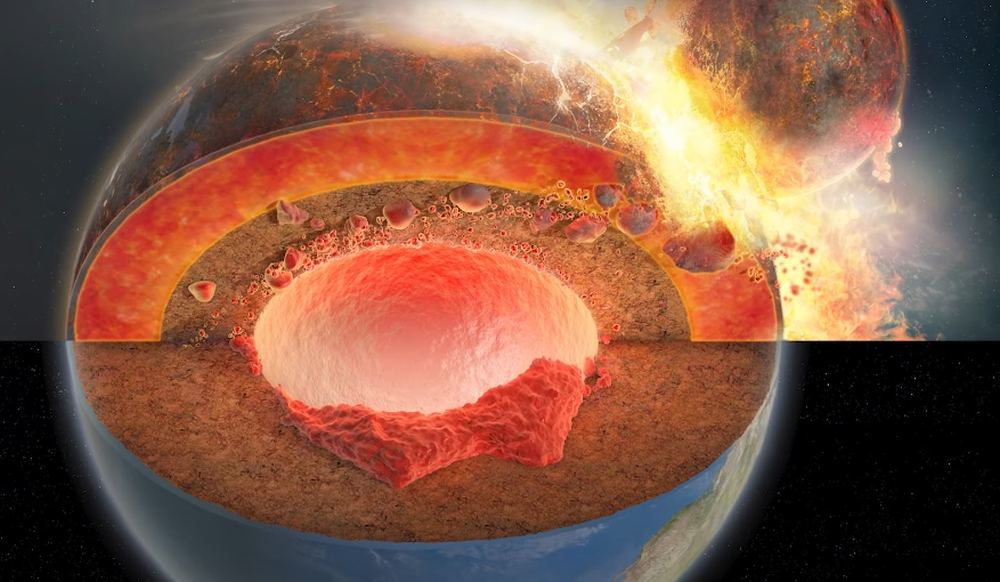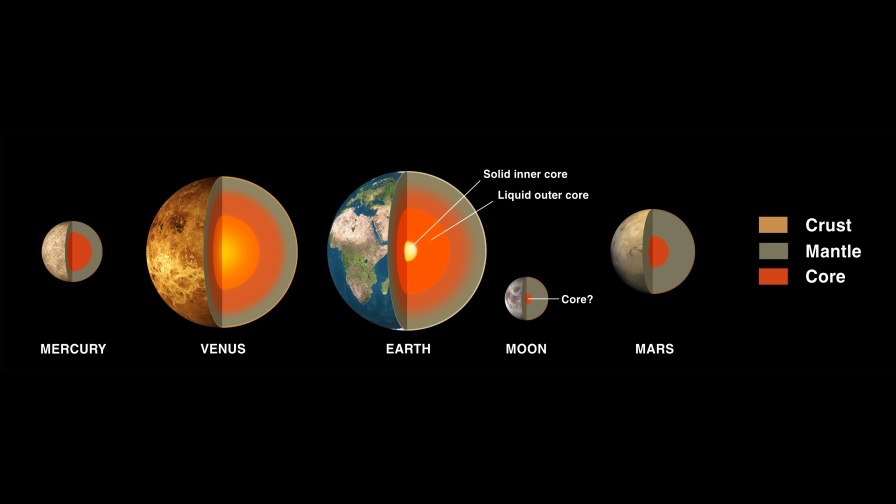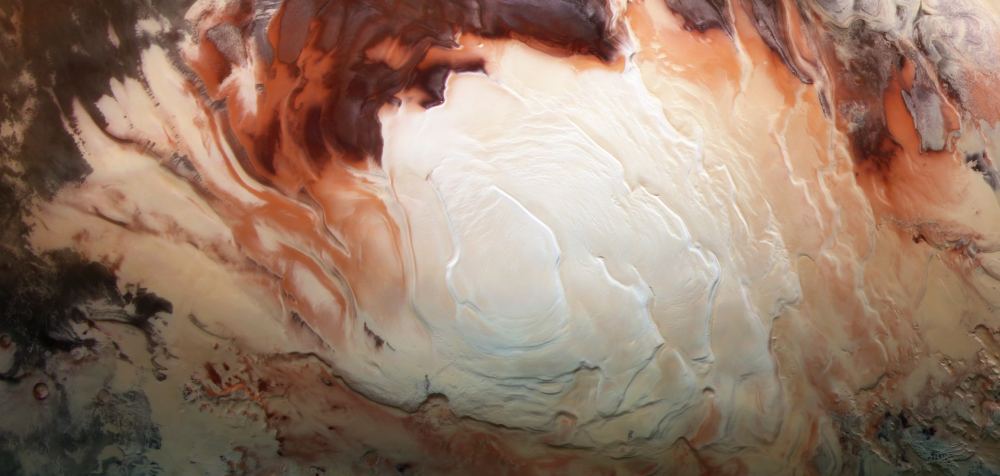Universe Today has examined the importance of studying impact craters, planetary surfaces, exoplanets, astrobiology, solar physics, comets, and planetary atmospheres, and how these intriguing scientific disciplines can help scientists and the public better understand how we are pursuing life beyond Earth. Here, we will look inward and examine the role that planetary geophysics plays in helping scientists gain greater insight into our solar system and beyond, including the benefits and challenges, finding life beyond Earth, and how upcoming students can pursue studying planetary geophysics. So, what is planetary geophysics and why is it so important to study it?
Continue reading “Planetary Geophysics: What is it? What can it teach us about finding life beyond Earth?”Earth is Hiding Another Planet Deep Inside

Earth’s early history is marked by massive collisions with other objects, including planetesimals. One of the defining events in our planet’s history, the formation of the Moon, likely resulted from one of these catastrophic collisions when a Mars-sized protoplanet crashed into Earth. That’s the Giant Impact Hypothesis, and it explains how the collision produced a torus of debris rotating around the Earth that eventually coalesced into our only natural satellite.
New research strengthens the idea that Theia left some of its remains inside Earth.
Continue reading “Earth is Hiding Another Planet Deep Inside”Is the Underground Lake on Mars Just Volcanic Rock?
Is Mars home to an underwater lake? Different researchers are reaching different conclusions. Some say remote sensing from the Mars Express orbiter shows liquid water in an underground lake at Mars’ south polar region. Other researchers say clays or minerals explain the data better.
Who’s right? Maybe none of them.
A new study says that volcanic rock can explain the Mars Express data and that it’s a more plausible explanation.
Continue reading “Is the Underground Lake on Mars Just Volcanic Rock?”

